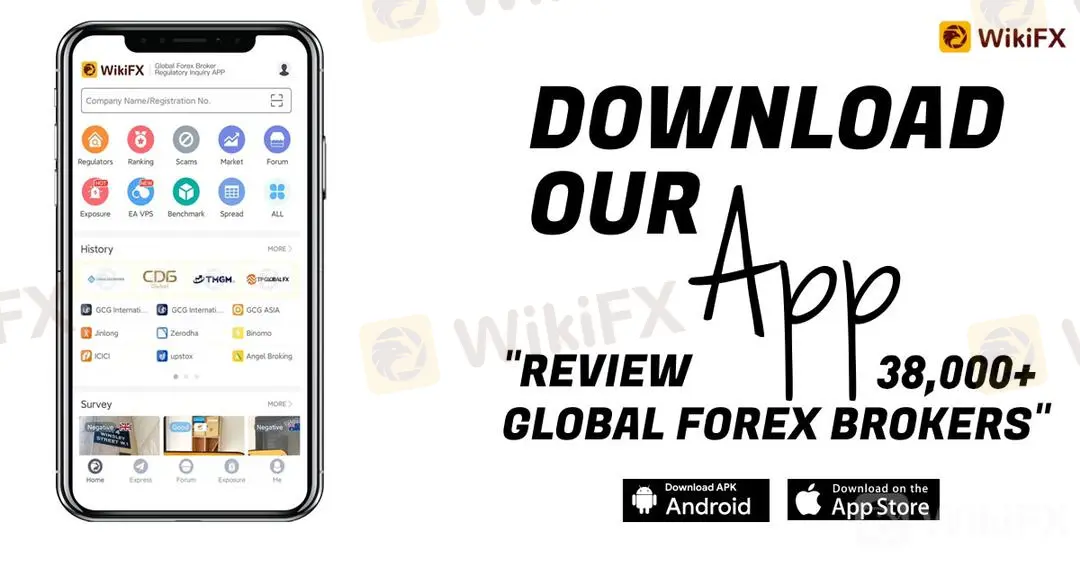简体中文
繁體中文
English
Pусский
日本語
ภาษาไทย
Tiếng Việt
Bahasa Indonesia
Español
हिन्दी
Filippiiniläinen
Français
Deutsch
Português
Türkçe
한국어
العربية
No Digital Assets Ads on Singapore's F1 Tracks
Abstract:The Monetary Authority of Singapore, the nation’s financial regulatory body, strictly prohibits any advertisement related to digital assets to be present on the race tracks further strengthening their stance on tightening rules in this aspect.

The Singapore Grand Prix will resume on September 30 at the Marina Bay Street Circuit after being postponed for two years due to the pandemic caused by Covid-19. Despite the fact that Singapore has become an increasingly popular financial hub as well as blockchain and cryptocurrency businesses, the nation‘s regular has also become increasingly cautious and strict as a result of the crypto’s radical price fluctuations and selloffs.
In January, it tightened restrictions on public advertising of cryptocurrency services. Furthermore, at the end of August, the managing director of the Monetary Authority of Singapore (MAS), declared that new and stricter measures will be imposed on the cryptocurrency scene in Singapore to protect investors in these digital assets.

Earlier this week, as reported by the Wall Street Journal, the MAS informed the Grand Prix organizers that no cryptocurrency or digital assets-related advertisements shall appear on the circuit.
The F1 Grand Prix will have an advertising ban that does not apply to vehicles or driver attire. This implies that the track's traditional blue and white crypto.com advertisements will not be seen in Singapore. The city's reasoning for the distinction is that the teams' equipment is used globally, and logos on it are seen as advertising to F1 fans worldwide, whereas branding on the track targets locals and thus violates the rules.
It is asserted that only professional investors are permitted to view cryptocurrency advertisements in Singapore. Their promotions forbid using public transportation, malls, websites, social media, or third-party platforms to target retail customers. This is to curb hype among retail cryptocurrency traders in Singapore. While the Monetary Authority of Singapore (MAS) is considering additional consumer protection measures, it also wishes to advance blockchain technology and other aspects of the digital asset market.

Disclaimer:
The views in this article only represent the author's personal views, and do not constitute investment advice on this platform. This platform does not guarantee the accuracy, completeness and timeliness of the information in the article, and will not be liable for any loss caused by the use of or reliance on the information in the article.
Read more

The Daily Habits of a Profitable Trader
Every professional trader follows a structured approach to ensure they are well-prepared, disciplined, and able to seize opportunities with confidence. Whether you are a seasoned investor or an aspiring trader, adhering to a robust daily checklist can significantly enhance your performance. Use this checklist to check if you are a qualified trader

The Impact of Interest Rate Decisions on the Forex Market
Interest rate changes determine currency attractiveness, influencing capital flows and exchange rate trends. Understanding this mechanism helps investors navigate the forex market effectively.

How a Housewife Lost RM288,235 in a Facebook Investment Scam
A 47-year-old housewife in Malaysia recently fell victim to an online investment scam, losing a substantial sum of RM288,235 after engaging with a fraudulent scheme advertised on Facebook.

A Trader’s Worst Mistake: Overlooking Broker Reviews Could Cost You Everything
In today’s digital age, reviews influence nearly every decision we make. When purchasing a smartphone, television, or home appliance, we pore over customer feedback and expert opinions to ensure we’re making the right choice. So why is it that, when it comes to choosing an online broker where real money and financial security are at stake many traders neglect the crucial step of reading reviews?
WikiFX Broker
Latest News
The Withdrawal Trap: How Scam Brokers Lure Victims into Paying More
FCA to Investors: Think Twice Before Trusting These Brokers
Trump\s tariffs: How could they affect the UK and your money
Trump gambles it all on global tariffs he\s wanted for decades
TradingView Brings Live Market Charts to Telegram Users with New Mini App
Trump tariffs: How will India navigate a world on the brink of a trade war?
Interactive Brokers Launches Forecast Contracts in Canada for Market Predictions
Authorities Alert: MAS Impersonation Scam Hits Singapore
IG Group Acquires Freetrade for £160M to Expand UK Investment Market
U.S. March ISM Manufacturing PMI Released
Currency Calculator







